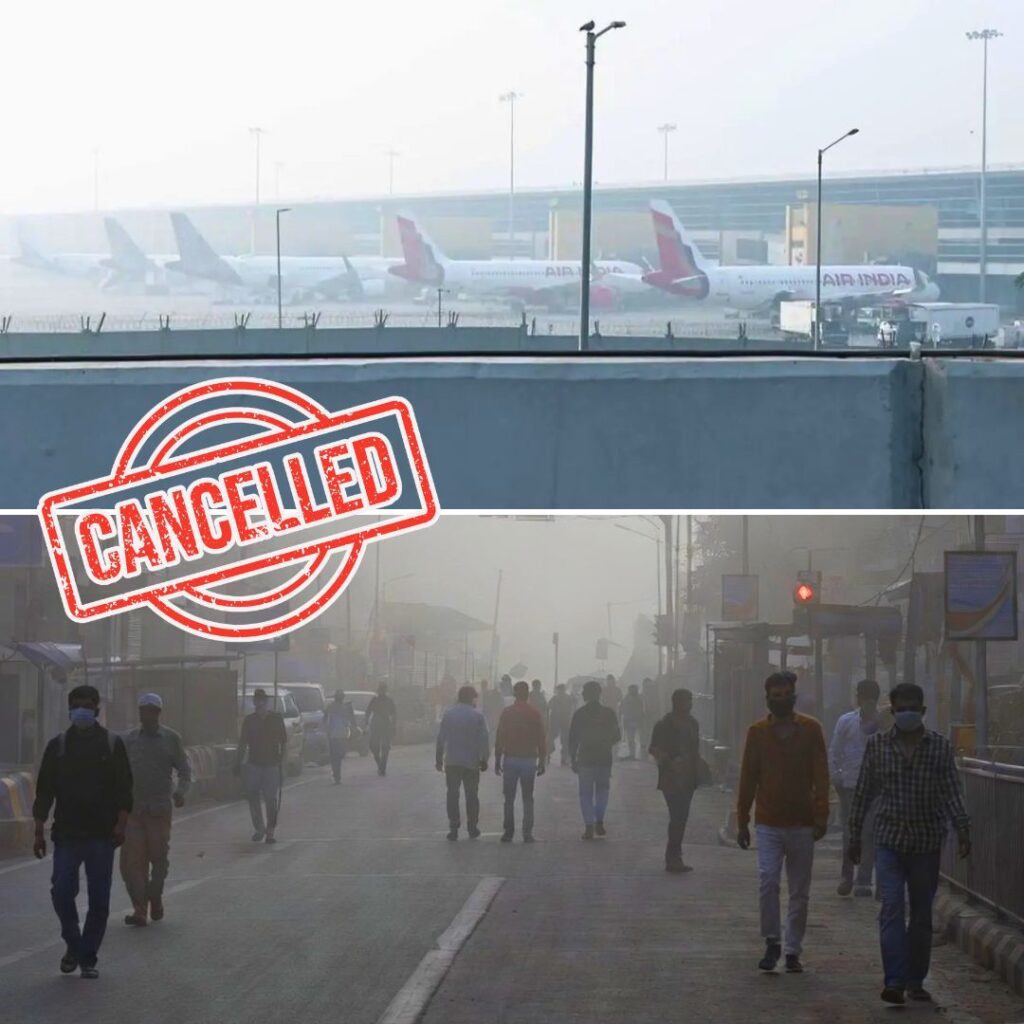In a tragic incident in Hathras, Uttar Pradesh, over 100 monkeys died after inhaling a toxic pesticide, aluminium phosphide, sprayed in a Food Corporation of India (FCI) warehouse. The monkeys entered the godown through a broken window on November 7 and were discovered dead two days later. Warehouse workers allegedly buried the carcasses without reporting the incident. Police have initiated an investigation against the employees involved after the bodies were exhumed following a tip-off from local leaders.
Incident Details
The incident came to light when veterinarians exhumed the remains of more than 100 monkeys buried in a pit at the FCI godown. Circle Officer Yogendra Krishna Narayan confirmed that police were alerted to the situation on November 20, leading to the discovery of the carcasses on November 22. The pesticide was used to protect stored wheat from pests and rodents, but its toxic fumes proved fatal for the monkeys who entered the warehouse. According to reports, when workers opened the warehouse on November 9, they found several dead monkeys but chose to conceal their deaths instead of notifying authorities. The bodies were in an advanced state of decay when recovered.
Background Context
This incident is not isolated; similar cases have occurred previously, highlighting ongoing concerns regarding wildlife safety in agricultural settings. In this case, it was revealed that complaints had been filed against unidentified FCI employees under various sections of law, including provisions for animal cruelty. The local community became aware of the mass burial through members of the Vishva Hindu Parishad, prompting further investigation into the circumstances surrounding the deaths. The FCI has also initiated its internal inquiry into the matter.
News in Q&A
1. What happened to the monkeys in Uttar Pradesh?
Over 100 monkeys tragically died after inhaling toxic fumes from aluminium phosphide, a pesticide used in a Food Corporation of India (FCI) warehouse in Hathras. The monkeys entered the godown through a broken window and were found dead two days later.
2. How did the authorities become aware of the incident?
The situation came to light when local leaders informed the police about the suspicious burial of monkey carcasses. Following this tip-off, authorities exhumed the remains on November 22, uncovering more than 100 bodies buried in a pit.
3. What actions have been taken by law enforcement?
Police have initiated an investigation against FCI employees involved in the incident for allegedly concealing the deaths instead of reporting them. Complaints have been filed under various sections of law, including animal cruelty provisions.
4. What are the broader implications of this incident?
This event raises significant concerns regarding wildlife safety in agricultural settings and highlights the need for better practices to prevent such tragedies. It also reflects on the responsibility of corporations and workers to ensure humane treatment of animals that may come into contact with their operations.
5. How can communities respond to prevent similar incidents in the future?
Communities can foster awareness about wildlife interactions and promote accountability among agricultural operations. Engaging in dialogue about coexistence with nature and advocating for humane practices can help prevent such tragedies from recurring.
The Logical Indian’s Perspective
This heartbreaking event underscores a critical need for greater accountability and humane practices in handling wildlife interactions with agricultural operations. It raises questions about how such incidents can be prevented in the future and highlights our responsibility towards all living beings. As we reflect on this tragedy, how can we foster a culture of compassion and awareness that prioritises coexistence with nature? We invite our readers to share their thoughts and suggestions on how we can collectively address such issues in our communities.











